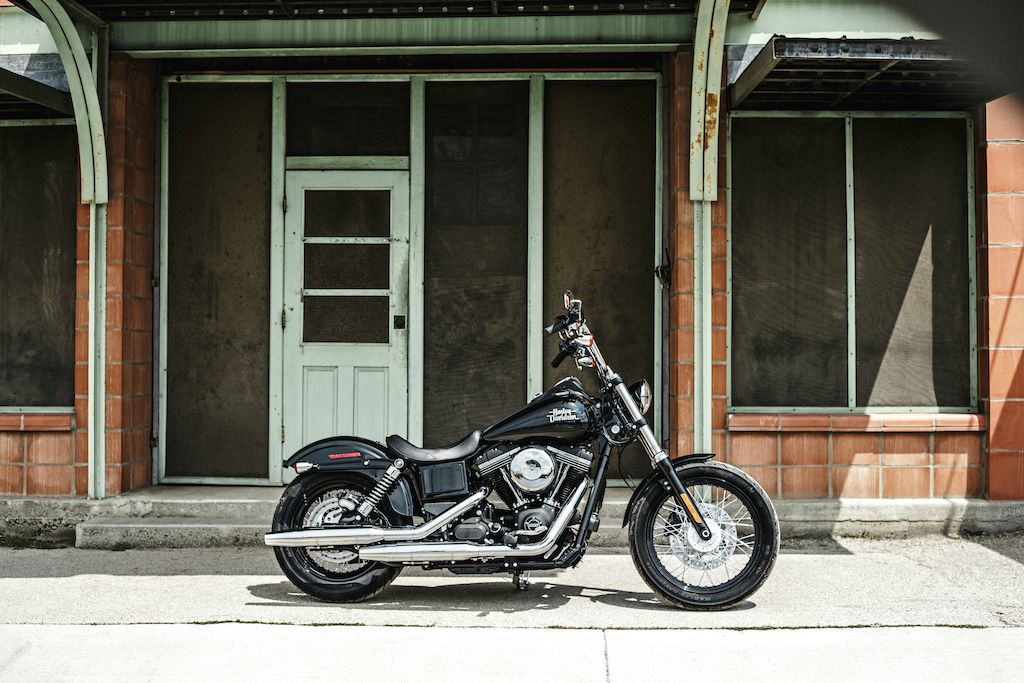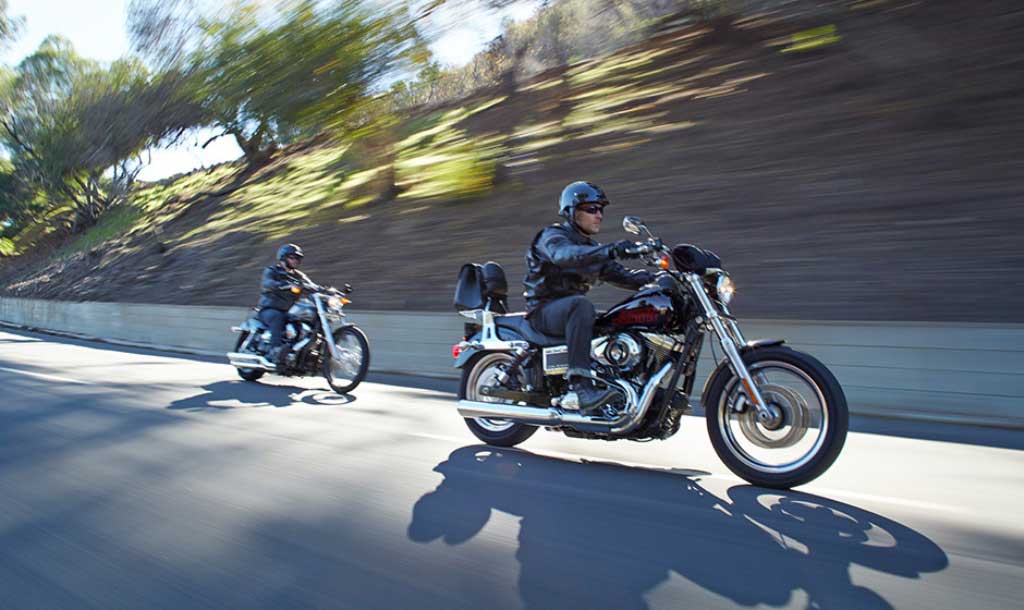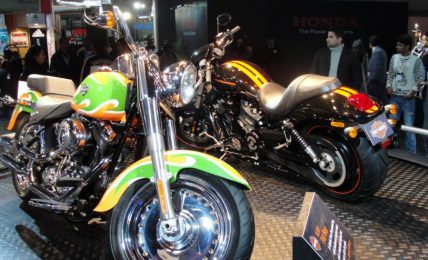Harley-Davidson Kansas City plant is bound to face complete shutdown due to the company facing an 82% drop in profits.

Founded in Milwaukee in 1903, Harley-Davidson is among the oldest motorcycle brands in the world blessed with a great deal of heritage and massive fan following. Off late, the American brand has been facing a decline in domestic sales which has affected earnings and market positioning negatively.
In a bid to realign manufacturing facilities according to expected growth in the near future, Harley-Davidson Kansas City plant is reported to face shutdown and be merged to the York, Pennsylvania facility soon. The brand’s net income fell down 82% in the last quarter of 2017 as compared to the previous year with worldwide sales standing at 2,41,498 units.
Harley-Davidson expects domestic business to be in a slump in 2018 as well with a probable rise in sales in Asian and South American markets. At $1.23 billion, a rise in revenue was registered although global motorcycle sales were down by 6.7%. Apart from plants in India, Brazil and Thailand, Harley-Davidson has multiple manufacturing facilities in the US including Missouri, Pennsylvania and Wisconsin plant.
With slow business expected over the next decade, the company believes that this consolidation move keeping long-term prospects in mind would have no direct impact on other plants. Set up in 1997, the Kansas City plant spans over 4,00,000 sq. feet and has over 800 employees.
By late 2019, the plant will be closed down and its operations will be shifted to the York, Pennsylvania plant. This exercise is estimated to cost in the range of $170 million to $200 million to the automaker with annual returns post the year 2020 estimated upto $75 million. Meanwhile, the other cruiser motorcycle brand, Royal Enfield is expanding capacity on the back of increased demand across the globe.
Harley-Davidson Profits
– Kansas City plant to shut down due to declining sales
– Company plans consolidation move to merge operations to York, Pennsylvania facility
– Shutdown to have no effect on other plants based on expected business over the next decade





